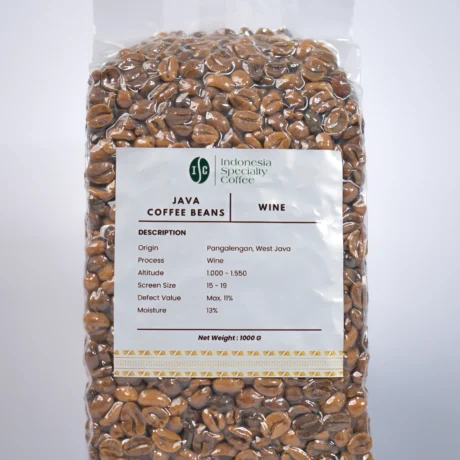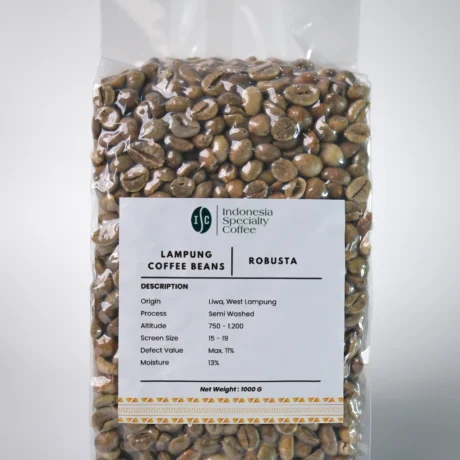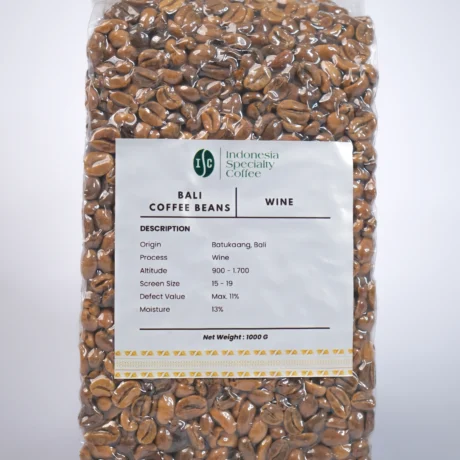Your morning coffee is more than just a caffeine fix—it’s a conversation with your gut. The coffee gut microbiome connection is changing how we understand the health benefits of your daily brew. Beyond the aroma and energy boost, coffee nourishes the trillions of microbes living in your digestive tract, improving digestion, immunity, and even mood.
Imagine each sip acting like a gentle wake-up call for your gut’s ecosystem. From polyphenols to dietary fiber, coffee carries compounds that influence gut bacteria, promoting a healthier and more balanced microbiome. Recent studies suggest that this invisible partnership between coffee and your gut could be the secret to long-term wellness.
What Makes the Coffee Gut Microbiome Connection Special?
Your gut microbiome is a bustling city of over 100 trillion microorganisms. These bacteria help break down food, produce essential nutrients, and support your immune system. When coffee enters the digestive tract, its caffeine, chlorogenic acids, melanoidins, and soluble fibers interact with these microbes in powerful ways.
Research published in Nutrients (2021) revealed that moderate coffee intake can reduce inflammation, promote intestinal motility, and strengthen the gut lining, creating a friendlier environment for beneficial bacteria.
The coffee gut microbiome connection thrives on compounds such as:
- Polyphenols – Plant-based antioxidants that resist stomach digestion, reaching the colon where gut bacteria convert them into health-boosting metabolites.
- Melanoidins – Bioactive compounds from roasted beans that may act as prebiotics, helping beneficial microbes thrive.
- Dietary fibers – Small amounts of soluble fibers in coffee contribute to microbial diversity.
Coffee Polyphenols: Feeding Your Microbial Allies
Coffee is one of the richest dietary sources of polyphenols, which have antioxidant and anti-inflammatory properties. These compounds act like a buffet for the good bacteria in your gut. A 2023 study in Compounds highlights how polyphenols can encourage the growth of Bifidobacterium and Lactobacillus while reducing harmful microbes.
Here’s how the coffee gut microbiome interaction works:
- Prebiotic effect – Polyphenols serve as “food” for beneficial microbes, increasing microbial diversity.
- Anti-inflammatory defense – Metabolites from coffee polyphenols reduce gut inflammation and support the intestinal barrier.
- Metabolic support – Healthy microbes produce short-chain fatty acids (SCFAs), which aid digestion and improve energy metabolism.
To preserve these benefits, consider brewing methods like pour-over coffee or French press, which maintain a higher concentration of polyphenols.
The Brain–Gut Axis: Coffee’s Mood-Boosting Effect
The brain–gut axis is the two-way communication channel between your digestive system and your brain. Your microbiome produces neurotransmitters like serotonin and GABA, which influence mood and stress response.
By nurturing a balanced coffee gut microbiome, your daily cup may indirectly improve mental well-being. Studies suggest that beneficial gut microbes can modulate stress, support cognitive function, and even enhance resilience to anxiety—making coffee a natural partner in emotional wellness.
How to Maximize the Gut Benefits of Coffee
- Choose high-quality beans – Specialty coffees like Sumatra coffee and Aceh Gayo retain more bioactive compounds.
- Time your brew wisely – Drinking coffee after a fiber-rich breakfast enhances its prebiotic impact.
- Stick to moderation – 3–4 cups per day support gut health without overstimulating your system.
- Explore fermented beans – Fermented coffee may offer enhanced gut benefits due to natural microbial activity.
- Store your coffee correctly – Use an airtight canister like recommended in this guide to preserve its polyphenols.
Does Coffee Ever Harm the Gut?
While coffee can briefly increase stomach acid or speed up bowel movements, evidence shows that moderate intake does not damage a healthy gut. On the contrary, studies link regular consumption to lower risks of colorectal cancer, type 2 diabetes, and metabolic disorders, thanks to its antioxidant and anti-inflammatory effects.
For a broader perspective on health impacts, see our guide on coffee and health.
Key Takeaway: Coffee as Gut Therapy
The coffee gut microbiome relationship is a powerful reminder that your morning cup is more than a habit—it’s a tool for gut health and overall well-being. With each sip, you feed beneficial bacteria, strengthen your immune system, and support your brain through the gut–brain axis.
So tomorrow, when you savor your coffee, ask yourself: Am I just waking up, or am I also nurturing my gut?





